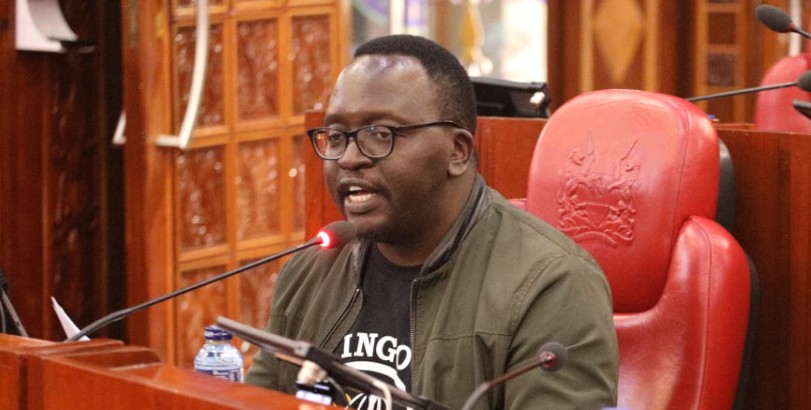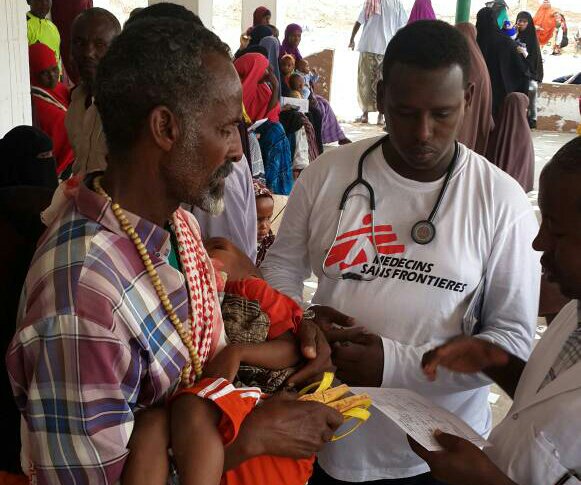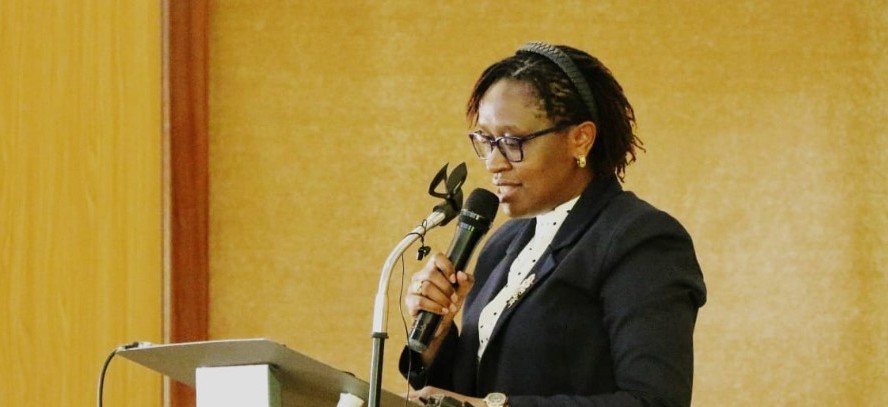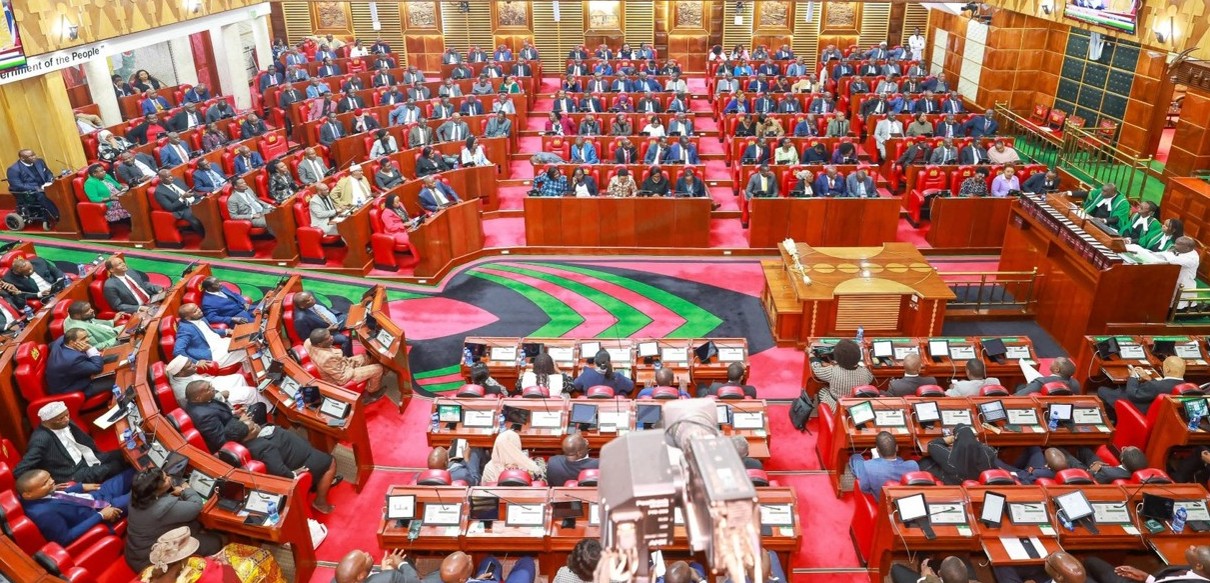Turning food waste into energy key to climate goals, says UN report
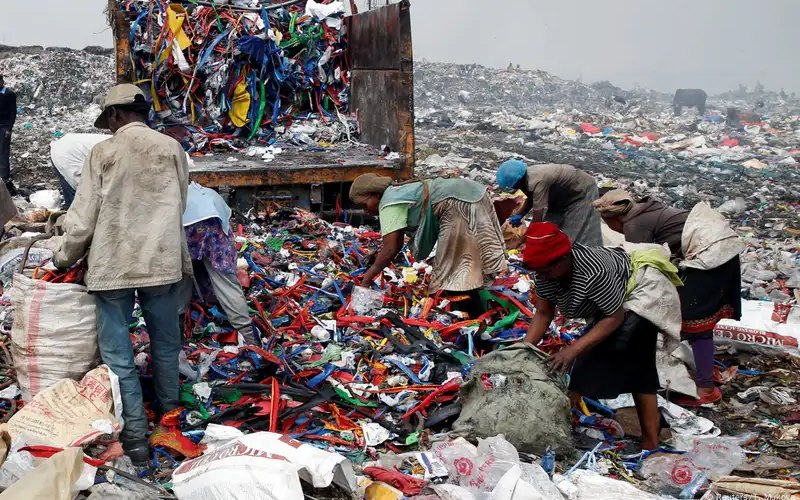
Global warming is primarily driven by coal, oil, and gas, which together account for nearly 68 per cent of greenhouse gas emissions worldwide.
The United Nations is urging governments and the private sector to scale up investments in technologies that transform food waste into energy, highlighting their potential to reduce greenhouse gas emissions and dependence on fossil fuels.
Global warming is primarily driven by coal, oil, and gas, which together account for nearly 68 per cent of greenhouse gas emissions worldwide.
More To Read
- Hurricane Melissa is a warning – why violent storms are increasingly catching the world off guard
- UN warns global climate adaptation funds running dangerously low
- Why countries struggle to ditch fossil fuels despite rising costs, decades of climate deals
- Explore earth in 2100: New online game lets you imagine the future
- WMO warns of escalating climate risks, says CO₂ levels hit record high in 2024
- Kenya beats Tanzania and Uganda in electricity and renewable energy growth
The UN’s latest report, "Climate Technology Progress Report 2025: Advancing Biobased Technologies in the Bioeconomy", stresses that using food and agricultural residues as energy sources can help nations meet climate goals while promoting sustainable growth.
The report was prepared by the UNEP Copenhagen Climate Centre in partnership with the UN Climate Technology Centre and Network and the UN Framework on Climate Change Technology Executive Committee
Anne Olhoff, acting director of the Copenhagen Climate Centre, emphasised the importance of bio-based innovations.
“If used carefully, they can support decarbonisation and create opportunities for sustainable growth and rural development,” she said.
Kenya faces a severe food waste problem. Research from the World Resources Institute-Africa reveals that the country loses up to 40 per cent of the food it produces each year, amounting to approximately Sh72 billion, while one in four citizens experiences food insecurity.
The study shows that cutting food loss by half by 2030 could feed over seven million people annually, recover Sh36 billion for the economy, and prevent more than seven million tonnes of carbon emissions.
According to the report, the volume of wasted food could fill about 500 million 18-tonne trucks, illustrating the scale of the issue.
Bio-based technologies use renewable biological materials, like food scraps, crop residues, and algae, to produce energy and other products.
Policymakers in many countries are developing frameworks to expand the use of these solutions across industries such as construction, energy, and manufacturing.
The global bioeconomy, which includes all bio-based technologies, is currently valued at $5 trillion (Sh646 trillion) and is projected to grow to $30 trillion by 2050, the report notes.
The UN report outlines both established and emerging solutions. Anaerobic digestion, a process where microorganisms break down organic matter to produce biogas and fertiliser, is already providing measurable environmental benefits.
Newer technologies, including bio-based liquid fuels derived from wood chips, algae, and agricultural residues, require greater investment and infrastructure to scale. The study also highlights the promise of bioenergy combined with carbon capture and storage as a future tool to reduce emissions.
By investing in these innovations, countries can simultaneously address food insecurity, boost rural economies, and accelerate the shift to a sustainable, low-carbon future, according to the report.
Top Stories Today
